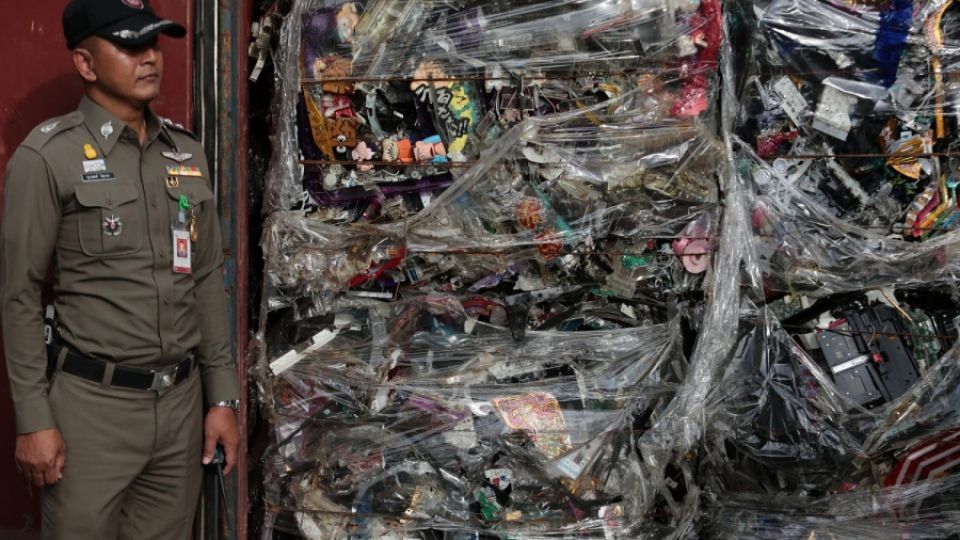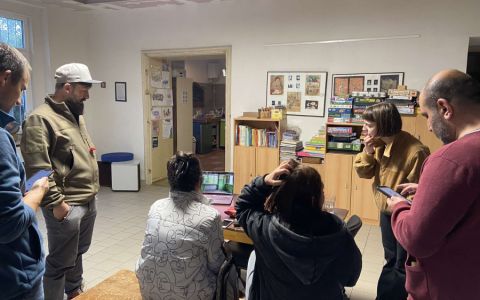After a recent ban on import of 428 various types of electronic waste, Thailand continues to fight against being flooded with trash from around the world. Currently, with 323,000 tonnes of imported plastic waste in 2019, Thailand remains the world's largest garbage dump after China banned waste imports in 2017. 62 organisations including EARTH and Greenpeace Thailand are now calling for a total ban on plastic waste imports via petition which already has over 25,000 supporters.
“E-waste and contaminated plastic are imported and claimed as materials for recycling but in fact, they don't qualify for processing. After these items arrive in Thailand, we can do nothing with them except to dispose of them. Importing waste is an attempt to dump more trash in Thailand,” said for Bangkok Post Akarapon Teebthaisong, EARTH’s research and technical officer. “Some items like medical waste such as used needles shouldn't be imported at all, but 8,000 kg of these items entered the country between January and August,” he added.
The problem is that the plastic waste imports to Thailand aren’t restricted under the Basel Convention, an international treaty aiming to control trans-boundary movements of hazardous waste and disposal. Moreover, unlike other countries in Asean such as the Philippines and Malaysia, Thailand's complicated governmental procedure makes it difficult to return illegal waste to origin countries. “When customs officers find containers of illegally imported waste, they can't immediately return it. Officers have to impound the waste, which becomes the property of the Kingdom. This waste can be exported from the Kingdom after being sold at an auction but this procedure is an inefficient loophole,” Teebthaisong explained.
On October 6th, the Ministry of Natural Resources and Environment announced that the national committee on imported plastic and electronic waste will not renew or extend licences for waste importers, which was seen as a major victory for environmental activists and the change.org petition. However, according to Teebthaisong, it’s important to keep demanding full prohibition of the hazardous waste trade and to be on the watch as there are no measures, enforcement and punishments. “Looking back at the road map of the national committee on imported plastic and electronic waste, quotas for plastic waste two years ago stood at around 110,000 tonnes. However, in reality, some 400,000 tonnes of plastic waste was imported with no punishment for violators at all.”
Recycling business raising concerns
Only 10% of trash containers that arrive in Thailand are inspected randomly by the Customs Department, which allows illegally imported rubbish such as contaminated waste to enter the country. Despite its negative effects on the environment as well as on communities because they contribute to air pollution, water pollution and the contamination of soil and water, Thailand still has 8,000 recycling plants operating. According to environmental organizations, their operation is questionable and the benefit for the Thai economy is not as stated by the Department of Industrial Works. Imported waste is welcomed by businessmen who run the recycling plants, but it takes jobs from people who make their living as garbage collectors. In 2018, plastic bottles cost 13 baht per kilogramme, but this year the price decreased to 8 baht, which means that the garbage collectors earn a lot less now than before.
Bangkok Post – Waste not, want not: https://www.bangkokpost.com/life/social-and-lifestyle/2008359/waste-not-want-not







